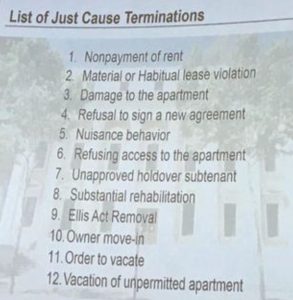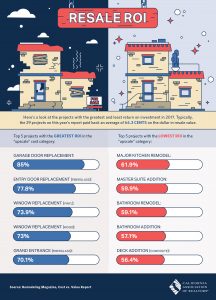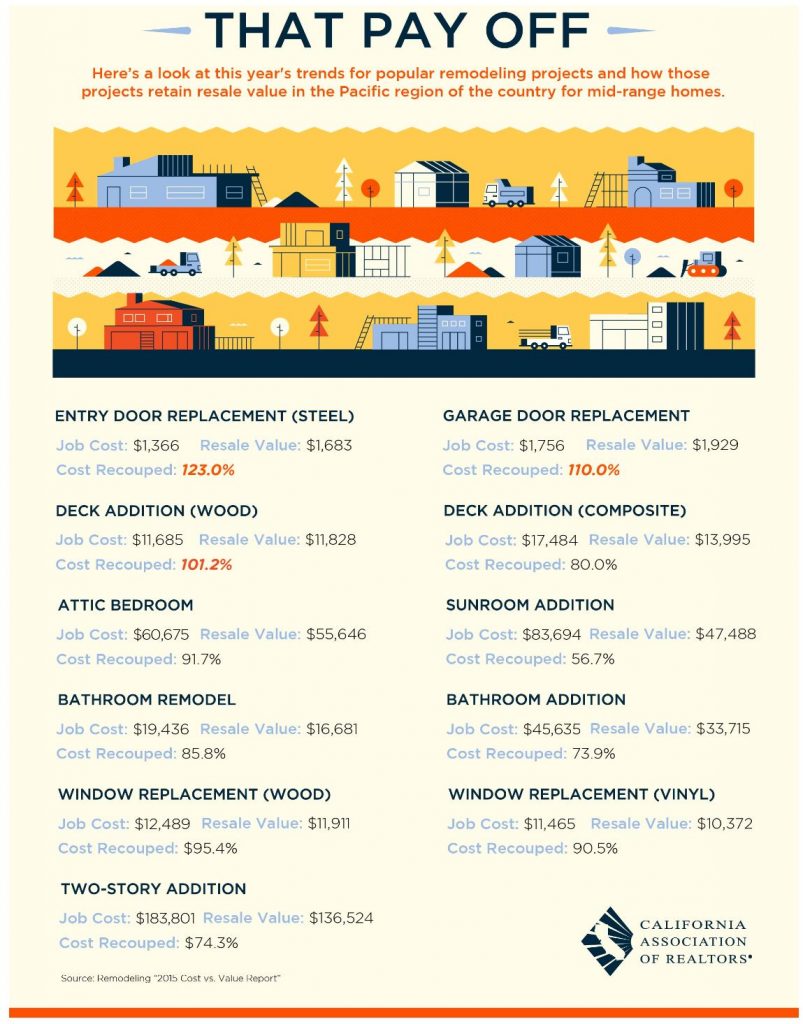
One of the toughest parts of buying a home is coming up with the down payment. This, combined with the ridiculously high prices in Santa Clara, has made it nearly impossible for most lower income families to even hope of buying a home. Housing Trust Silicon Valley has been around for almost 20 years and was formed with goal of helping people with home ownership. With that in mind they have recently announced that they have increased their maximum down payment assistance to $95,000. The GAP assistance program offers low income buyers a deferred interest loan that can be used to for up to %20 of the purchase price. Income levels are determined by household size. For example, a single member household can have a max income of $59,400 and a 4 person household can have up to $84,900. Even in this expensive market there are many reasons to buy. This is a chance to get into the housing market and build equity. For more information about the GAP program and finding a home that meets the criteria contact me at 408-896-3580. You can also check out their website at:










![Mostwanted[Alex]11.18.13](http://www.car.org/3550/OCTemail/header/Mostwantedlist_300dpi.jpg)